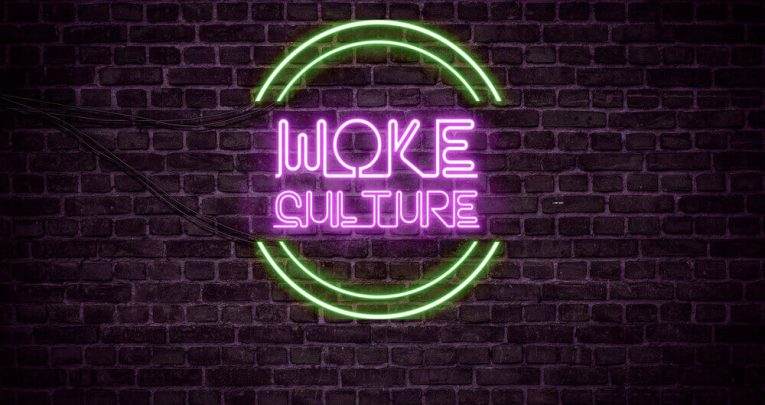Inclusive classroom – In defence of ‘woke culture’

Inclusivity, or ‘wokeness’ as it’s come to be known, isn’t political correctness gone mad, it’s an essential move for our children, says Bilkis Miah…

- by Bilkis Miah
- CEO and founder of You Be You Visit website

To see how ‘wokeness’ is perceived in education, you only have to open the newspaper to see that the term ‘white privilege’ has recently been condemned.
The claim – and this is as much as I can agree on – is that there is an ‘opposite reality [to privilege] for the white working class across society’.
But surely this is a question of semantics? Isn’t it more important to make sure we’re not entering a class war, and pitting one group against another? Using terms like ‘white privilege’ isn’t the reason why so many white working-class children are failing.
It’s a systemic problem, including underfunded schools, economic inequality, and the lack of opportunities for social mobility.
Understanding communities
So, what’s even more important is that we come up with initiatives and programmes that help future generations. For this to work, it’s important to listen to the community, such as teachers and parents, but also to ask children what they need.
We need to understand the context that is breeding such inequalities, and let communities know that their voices are being heard. We’re all complex and layered humans, and there are nuances to navigate.
For example, in Tower Hamlets where we’re based, there is a majority British-Bangladeshi and white working-class population. Things like living in an intergenerational home, or having parents who have little or no formal education are real issues that our children have to deal with.
When we asked parents what they were worried about, it was the same common theme – they were worried about losing their children to a world they didn’t understand.
There needs to be a positive change in the conversations communities are having around diversity and inclusion. It has to make a difference to families and have reach beyond the school gates, it can’t just be up to teachers.
This is where here at You Be You we saw an opportunity to take parents and carers from all backgrounds on a journey with us through our You Be You activity kits; One that helps communities understand what we mean by diversity and inclusion, but also supports them to address it in a sensitive and empowering way.
Importantly, this doesn’t centre around having digital access – digital poverty in our community is a real obstacle – rather, the focus is on spending quality bonding time away from the screen through activities like journaling, reading and art.
The idea is that it equips families with the language they need to tackle sensitive and often difficult conversations. A perfect example is the recent racist controversy after the Euro finals.
How do you have those conversations and make sure that children are getting the right message around race, confidence and resilience? These moments are important opportunities for us to move away from semantics around ‘wokeness’.
Instead, we should harness the power from these discussions to create a positive change. Surely that argument can’t be deemed as too woke? We want to empower young children to believe that they can achieve anything irrespective of their skin colour.
Real-world wokeness
It’s really important that we don’t define our pupils by gender, race, religion, sexuality, class or ability. For instance, recently, St Paul’s Girls School renamed their ‘head girl’ position to ‘head of school’.
This may seem like a superficial change, but the reasons behind it are key. And no, this isn’t ‘political correctness gone mad’. All the stereotypes that come with these narrow categorisations have wider societal implications.
By changing the title from ‘head girl’ to ‘head of school’, staff are saying to their pupils, ‘We recognise you, and you can achieve anything regardless of your gender’. It’s not boxing girls into certain roles, or qualifying success with terms like ‘girl boss’ – you’re a boss, period.
This is so important when we think about a healthy, diverse workforce for the future. Even in our pilot project, we’ve heard comments from children such as “Boys will have more important jobs as they have bigger brains.”
Statements like these may seem inane, but it’s essential to dismantle them as soon as you notice them, so they don’t have the opportunity to entrench further.
Importantly, when you’re talking about making sure to teach about stereotypes at school, and embedding this into school policy, make sure to take families on the journey with you.
Not only does this let families feel heard, but it allows you as the teacher to understand their concerns, and have the opportunity to allay some of those fears. More often than not, parents want the same as you – for their children to have all options open to them.
Bilkis Miah is CEO and co-founder of You Be You, an award-winning organisation working with schools and parents to break down gender stereotypes through lessons, role model videos and fun educational home activity boxes. Find You Be You on Twitter @Youbeyouclub or visit youbeyou.co.uk.










